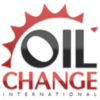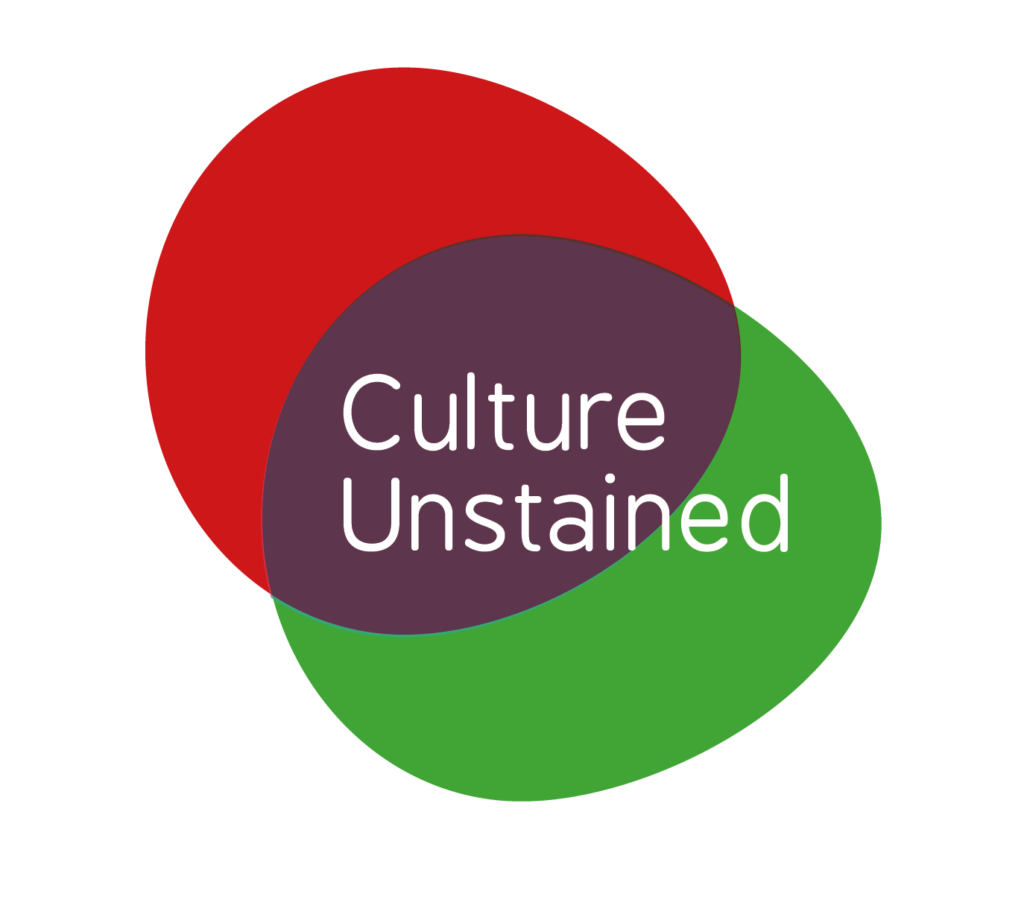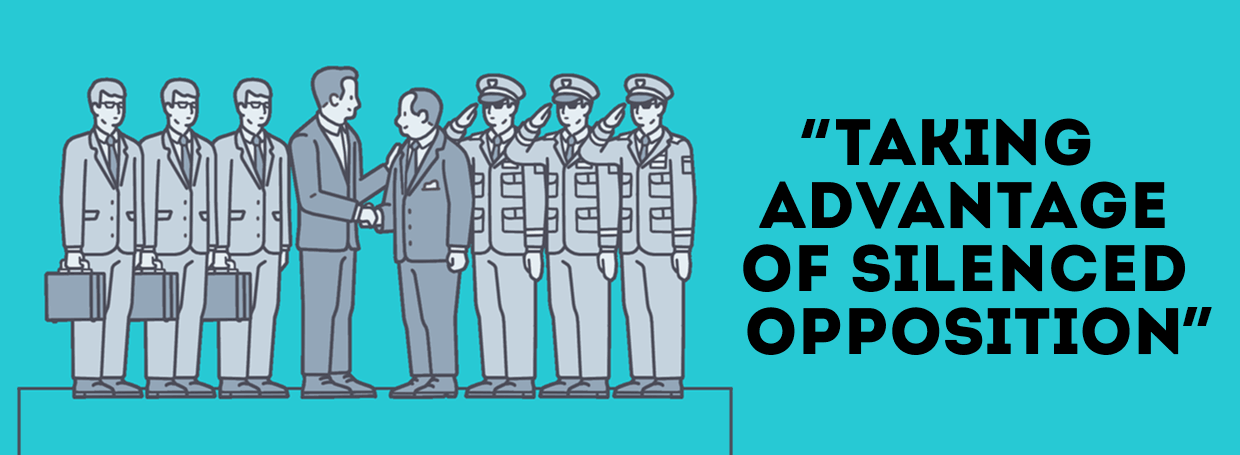
Friends with repressive rulers
Fossil fuel companies are eager to get their hands on the most profitable reserves of oil and gas they can find. Often these are located in countries where there are repressive laws and weak environmental regulations. Oil companies benefit from the silencing of opposition and are free to cut corners and ignore the concerns of local communities.
Often, oil companies will form close, long-term partnerships with dictators and repressive rulers, safe in the knowledge that big changes in policy or resistance to their operations is unlikely. Many companies pay large sums of money to military or armed groups to protect their operations.
When concerns are raised that those they partner with are responsible for repression, enforced disappearances and even torture, oil bosses brush this off, saying they ‘don’t do politics’.
- In Egypt, BP has made increasingly lucrative deals with every successive regime, while new repressive laws have silenced protest against new drilling projects in the country.
- Shell paid millions to the military and other armed groups in Nigeria to make sure its operations go unchallenged.
- Statoil/Equinor has just formed a new close partnership with Azerbaijan’s state oil company, a country where freedom of expression is hampered by a repressive regime.
Case Studies
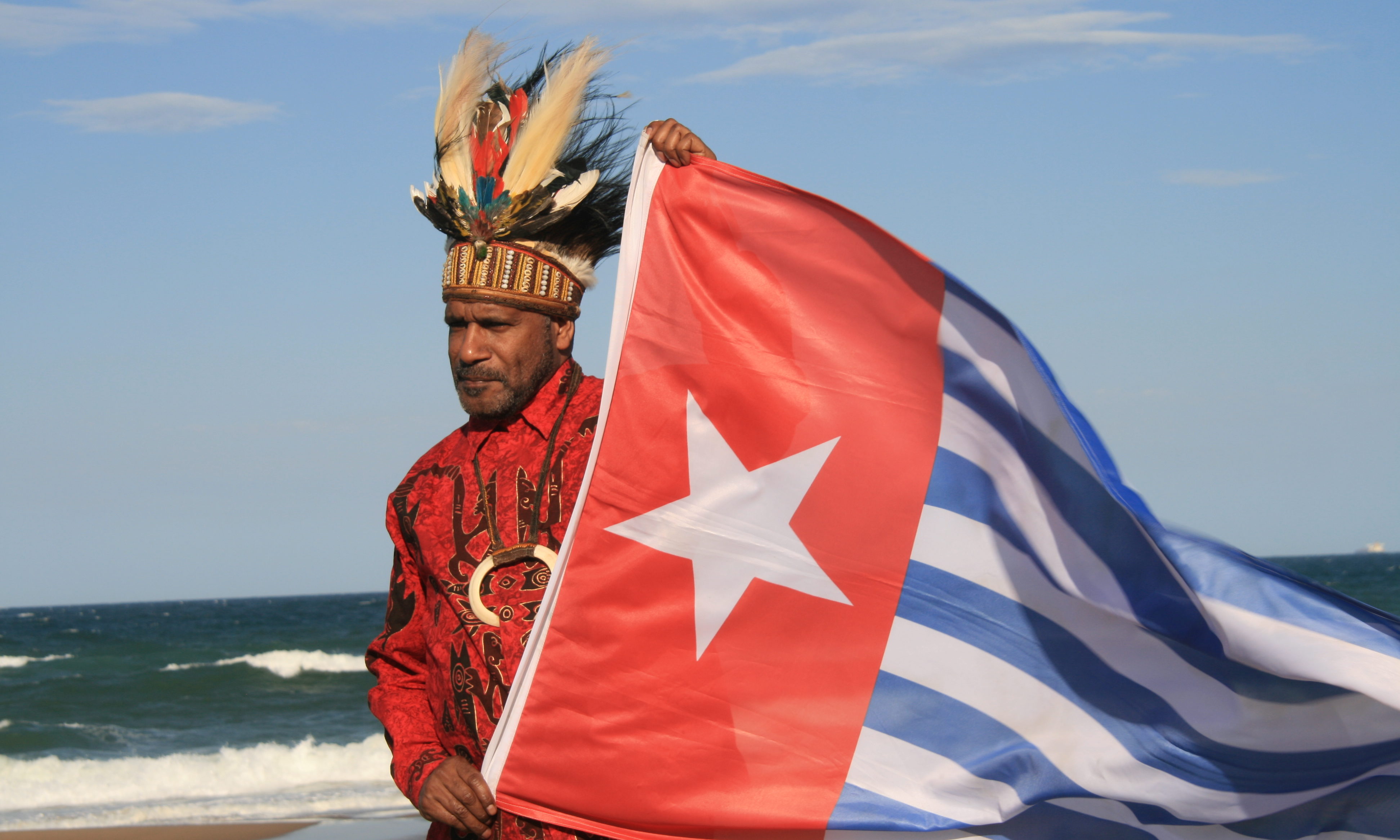
West Papua: operating in the middle of a genocide
BP’s massive gas extraction project in West Papua is helping to legitimise the region’s illegal occupation by Indonesia.

Shell’s million dollar payments to the Nigerian military
While operating in Nigeria, Shell gave millions of dollars to the Nigerian military and other armed groups, exacerbating conflict and fuelling human rights abuses in the country.
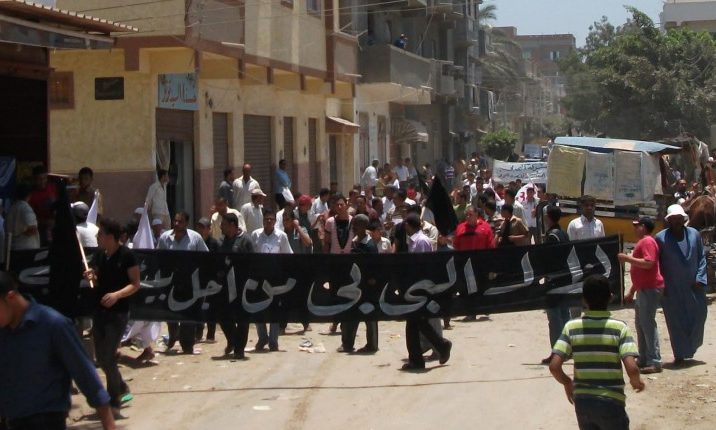
Crushing protest in Idku, Egypt
BP was initially forced to put a flagship project on hold when, in 2011, residents of the town of Idku mobilised against a plan to build a mega-gas plant next to their homes. But then new repressive laws were introduced and BP went ahead with its original plan – only at a greater profit.
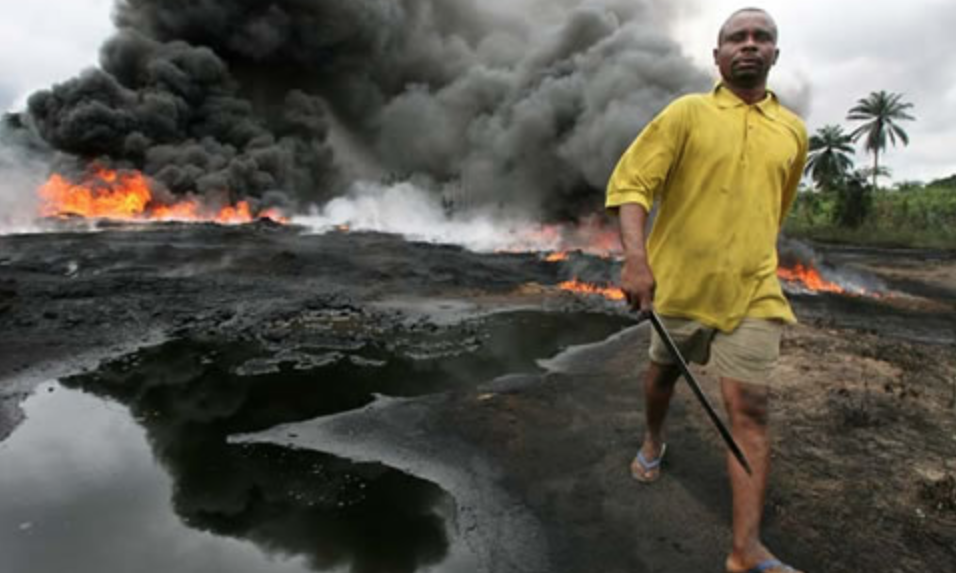
Shell, human rights abuses and the Ogoni Nine
Shell’s long history of pollution and human rights violations in Nigeria includes collaborating with the Nigerian state to bring about the executions of Ken Saro-Wiwa and the Ogoni Nine.




